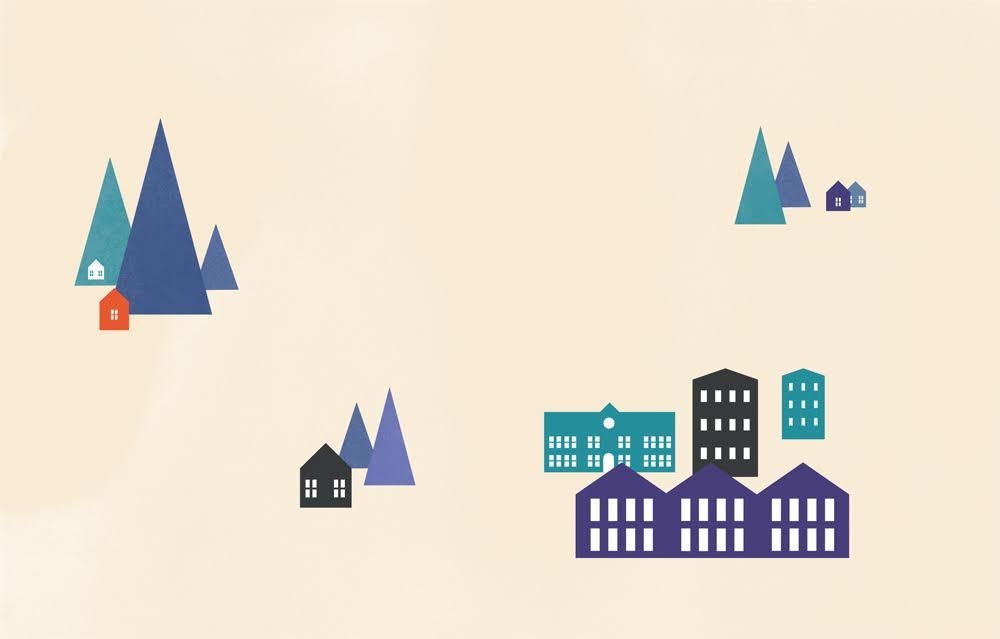Human Security in the Arctic: Socioemotional Problems as Risks

By Anna Reetta Rönkä, Doctoral Student, University of Oulu
Traditionally, security has been defined in terms of state and military security. Recently the concept of human security has developed which has a background in normative languages of human needs, human rights and human development. Human security relocates the attention of security from states to individuals, and to social lives in communities. Human security has several dimensions ranging from economic, environmental and food to health and personal security. Protecting these, and the right to live in freedom and with dignity, are seen as the center of true security.
One of the most fundamental human needs and a prerequisite for good life and communal well-being is to have meaningful, healthy and respectful social relations with others. We are social beings, and working and living together with others has always been essential for human survival. Young people see social and family relationships as central security resources in empirical studies. Friends and reciprocal social networks are also buffers against many health and well-being problems. However, not everyone has friends or any other meaningful social relations, which is a great risk factor for the experience of loneliness.
Loneliness is an involuntary, subjective and painful experience associated with several negative socioemotional and health problems. Circumpolar areas and the Arctic represent an especially fragile context in relation to it. In these areas population density is typically low; young people might not have any peers in their age group in the small communities. Urbanization has further emptied many villages, yet relocation may also increase loneliness as establishing new social relations might prove to be difficult.
I have examined the experience of loneliness and its associations with different socioemotional, contextual, situational and health and well-being factors from childhood to young adulthood among those born in the two northernmost provinces of Finland: Lapland and Oulu. Loneliness in adolescence was associated with not having close friends, being a victim of bullying, depressive mood, unhappiness and sadness, poor self-rated health, dissatisfaction with life and deliberate self-harming behavior. In addition, amongst girls only, loneliness was associated with dislike of school and living in rural areas.
These adverse health and well-being factors are acute risks in all Arctic nations. Enhancing human security and sustaining a good quality of life and viable future is more challenging in small communities, where youth experience problems such as loneliness, a sense of non-belongingness and hopelessness. It is essential to pay attention to socioemotional health and community well-being in an individual and relational level, and to advocate for healthy, respectful relationships. These are among the central factors in ensuring vitality, social sustainability and human security in the Arctic.
